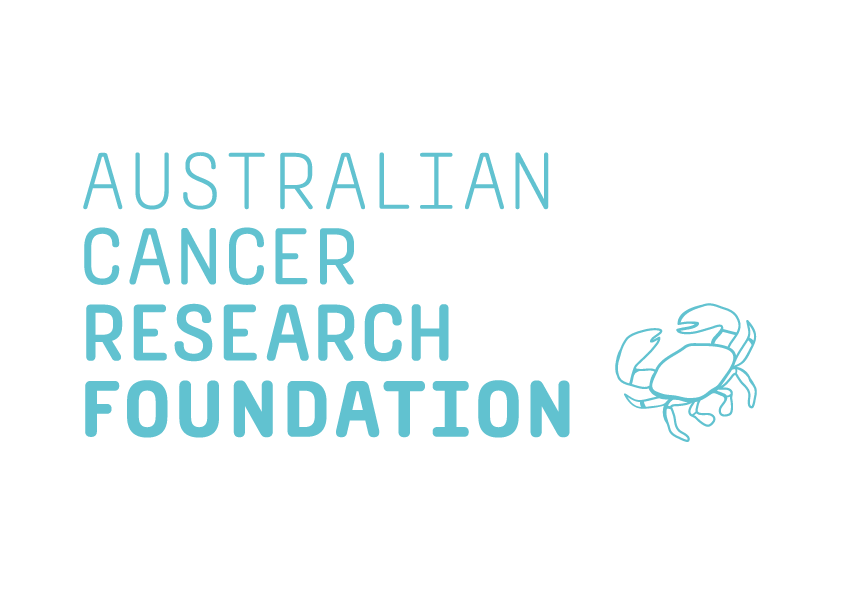Participants
Virtual Tour of 3D Imaging Machine
Each of our Skin Imaging site hosts the Vectra WB360 device that provides an unparalleled opportunity to improve the detection and diagnosis of skin spots. The Vectra produces a total body 3D avatar the enables clinicians and researchers to more accurately monitor skin spots over time.
ACEMID Participant Newsletters
ACEMID Cohort Study Participant Newsletters:
- December 2022
- August 2022
- June 2023
- December 2023
- April 2024 (Princess Alexandra Hospital site)
- November 2024
- June 2025
- February 2026
Information for Medical Practitioners
Overview of ACRF ACEMID and the Cohort Study
ACRF ACEMID has established 15 x 3D total body photography machines across Queensland, New South Wales, and Victoria to enable research on melanoma. The infrastructure funding was provided by the Australian Cancer Research Foundation (ACRF).
The ACEMID Cohort Study is the core research study being undertaken across all 15 research sites. Study participants are placed into 3 groups based on their calculated risk of melanoma, with study visits occurring for 3 years at different intervals (6, 12, or 24 monthly) dependent on their risk group. Participants undergo 3D total body photography using the Canfield Vectra 3D total body photography machine and dermoscopy of lesions 5mm or greater and any lesions of concern to either the participant or research personnel. Data pertaining to demographics, personal and family clinical history, sun behaviour, quality of life and pathology diagnoses is also collected electronically.
To be eligible for the study, participants need to provide the contact details of their regular medical practitioner.
The Cohort Study obtained ethical approval by the Metro South Human Research Ethics Committee (Approval number: HREC/2019/QMS/57206) and The University of Queensland (Approval number: 2019003077). The trial is registered on the Australian New Zealand Clinical Trials Registry (ANZCTR12619001706167). The ACRF ACEMID Cohort Study is funded by a NHMRC Clinical Trials and Cohort Studies Grant (APP2001517).
The ACEMID Cohort Study is a research project, and therefore does not replace any clinical visits for skin surveillance. Participants are advised to see their medical practitioner for clinical skin examinations if they notice any changes on their skin, and to continue any usual schedule of follow-up clinical visits as recommended by their medical practitioner.
The use of Artificial Intelligence within the ACEMID Cohort Study
While artificial intelligence (AI) algorithms are available in the Canfield Vectra 3D imaging software, they have not been clinically validated and are not approved by the Therapeutic Goods Administration (TGA). Therefore no AI is used for diagnosis or research within the Cohort Study.
The research team aim to develop and validate AI that will enhance current clinical care pathways and these findings will be communicated when they are published.
Lesion of Interest Management
As part of the Cohort Study protocol, research personnel may review the images captured during participant study visits. If during this review, any lesions are identified that may benefit from clinical assessment, the research team will notify both the study participant and their nominated medical practitioner with a letter including details of any lesions of interest. The study participant is advised to make an appointment with their medical practitioner to discuss any clinical management that may be required.
As the ACEMID Cohort Study is a research study and not a clinical service, the research team are unable to provide a definitive diagnosis or management advice. The clinical management and care of any study participants involved in the Cohort Study remains the responsibility of the participant and their medical practitioner.
If any lesions are biopsied or excised as part of a study participant’s clinical care, the research team would appreciate a copy of the histopathology report being shared via the relevant contact details included on the letter outlining lesions of interest.
Consumer & Community Engagement Working Group
The Australian Centre of Excellence in Melanoma Imaging and Diagnosis (ACEMID) Consumer and Community Engagement Working Group works to ensure the patient voice is considered in all aspects of the research and its implementation. The group has developed a consumer framework to actively drive and be involved in all aspects of the ACEMID team’s research and translational agenda and to be active partners along the way to achieve our shared vision of reducing melanoma and skin cancer burden.
The group incudes representatives from the Cancer Council Queensland, Melanoma Patients Australia (MPA), the Melanoma and Skin Cancer Advocacy Network (MSCAN), Melanoma Institute Australia, study participants and researchers.

